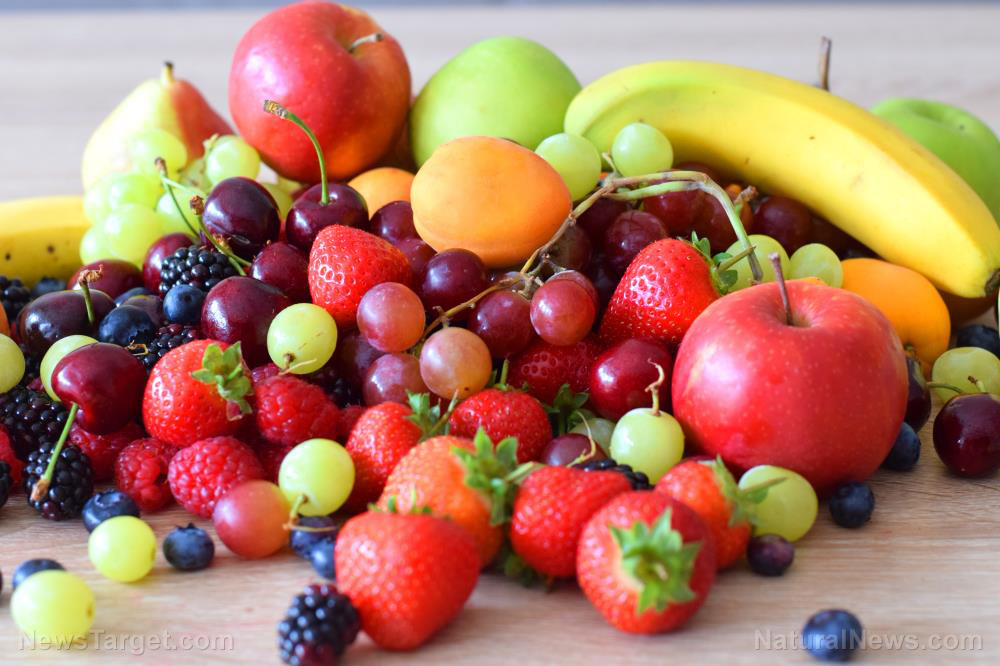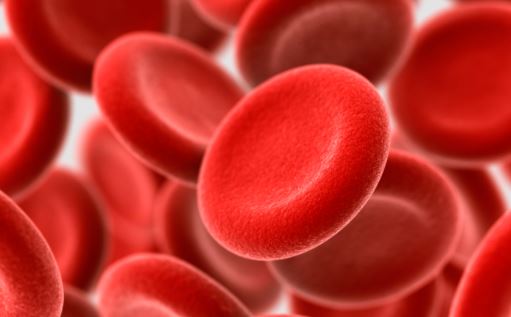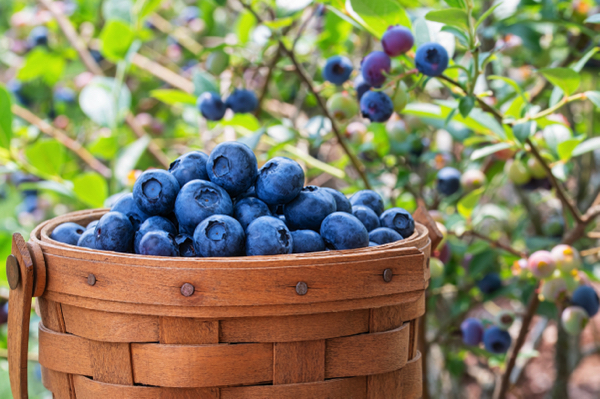"Food is Better Medicine than Drugs" explains how nutrition outperforms pharmaceuticals
- The book "Food is Better Medicine than Drugs" by Patrick Holford and Jerome Burne argues that fresh, nutrient-dense food can prevent and treat chronic diseases (e.g., diabetes, heart disease) more effectively and safely than drugs, which often mask symptoms rather than addressing root causes.
- It highlights flaws in conventional healthcare, including overreliance on profit-driven pharmaceuticals, citing cases like Vioxx where drug risks were downplayed until serious harm occurred.
- Nutritional interventions (e.g., omega-3s for heart and brain health, chromium/niacin for diabetes and cholesterol) offer therapeutic benefits without the dangerous side effects of many medications.
- The authors advocate for better doctor training in nutrition, greater transparency from drug companies, and patient empowerment to question prescriptions and explore dietary solutions.
- The book emphasizes whole-food diets, targeted supplements, stress management and exercise as sustainable ways to reduce reliance on drugs and achieve long-term well-being.
The book "
Food is Better Medicine than Drugs" by Patrick Holford and Jerome Burne presents a compelling argument that what we eat has a far greater impact on our health than the medications we take.
This revolutionary perspective challenges conventional medical approaches. The authors suggest that fresh, nutrient-rich food can prevent and even treat chronic diseases more effectively and safely than pharmaceuticals. Modern diets are increasingly linked to rising health crises, from diabetes and heart disease to obesity and Alzheimer's.
Despite overwhelming evidence that poor nutrition contributes to these conditions, many still rely on drugs that merely mask symptoms rather than addressing root causes. For example, while Metformin lowers blood sugar in diabetics, it doesn't resolve the dietary habits that cause blood sugar imbalances in the first place. The authors argue that a shift toward nutritional interventions, such as stabilizing blood sugar through diet, could offer more sustainable solutions.
The book exposes
troubling practices in the pharmaceutical industry, where profit often overshadows patient safety. Cases like Vioxx, an anti-inflammatory drug withdrawn after being linked to heart problems, highlight how side effects are sometimes downplayed until irreversible harm occurs.
In contrast, nutritional medicine focuses on prevention and healing without such risks. Omega-3 fats, for instance, not only support heart health but also improve mood and cognitive function, as studies on maternal diets and child development demonstrate. Similarly, chromium and niacin have shown efficacy in managing diabetes and cholesterol – naturally and with fewer side effects than many drugs.
Holford and Burne advocate for a healthcare revolution where nutrition takes center stage. They call for better training for doctors in dietary science, greater transparency from drug companies and empowered patients who question prescriptions and explore alternatives. Practical steps include adopting diets rich in whole foods, incorporating targeted supplements and managing stress and exercise – all of which can enhance well-being without reliance on medications.
Ultimately, "Food is Better Medicine than Drugs" is a wake-up call. It urges readers to reclaim control over their health by recognizing food as a powerful healing tool. By prioritizing nutrition over pharmaceuticals, individuals can achieve lasting vitality, proving that
the best medicine might just be on their plates.
Watch this video about the book
"Food is Better Medicine than Drugs" by Patrick Holford and Jerome Burne.
This video is from the
BrightLearn channel on Brighteon.com.
Sources include:
Brighteon.ai
Brighteon.com
 Parler
Parler Gab
Gab










